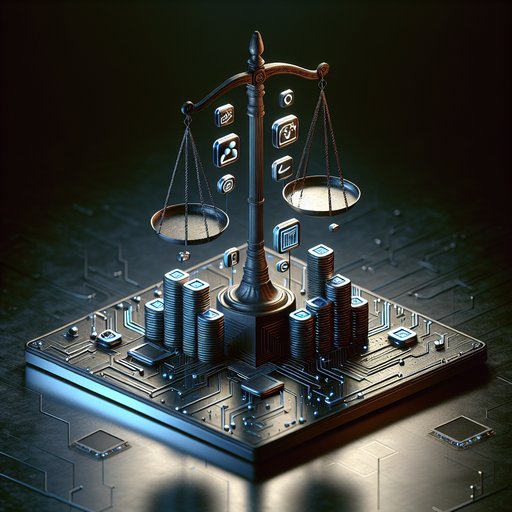
The Federal Trade Commission's antitrust action against Live Nation Entertainment is gaining momentum as U.S. senators demand answers from the entertainment giant. Following last month's lawsuit filed by the FTC and seven states alleging illegal ticketing practices, lawmakers are now stepping up their scrutiny of what they view as potentially anti-competitive behavior in the live entertainment industry [1].
The recent FTC lawsuit specifically targets Live Nation and its Ticketmaster division for allegedly engaging in illegal ticket resale practices, marking a significant escalation in regulatory oversight of the entertainment ticketing sector. The involvement of seven state authorities alongside the federal regulator demonstrates the widespread concern over the company's market dominance.
The case represents part of a broader trend of increased antitrust enforcement in the digital age, as regulators grapple with how to maintain fair competition in rapidly evolving markets. The action against Live Nation-Ticketmaster parallels other major antitrust initiatives, including ongoing investigations into tech giants and digital platforms.
This enforcement action highlights regulators' growing focus on protecting consumer interests in digital marketplaces. The FTC's approach suggests a new willingness to challenge established business practices that may harm competition, even in industries that have long operated under consolidated ownership.
American publishers and digital platforms are increasingly finding themselves navigating complex antitrust considerations, with regulators taking a more active role in scrutinizing market practices. The current legal framework has created challenges for industry players trying to balance competitive practices with regulatory compliance [2].
























